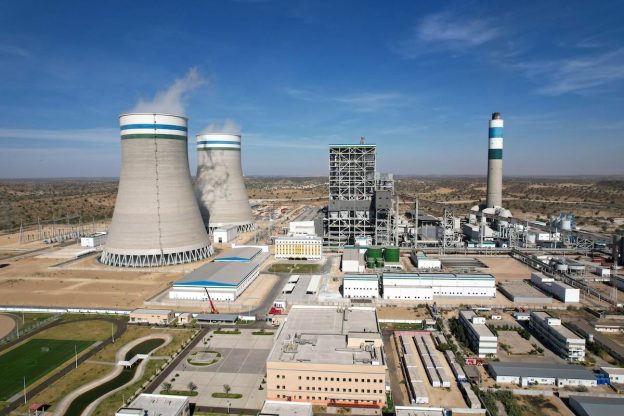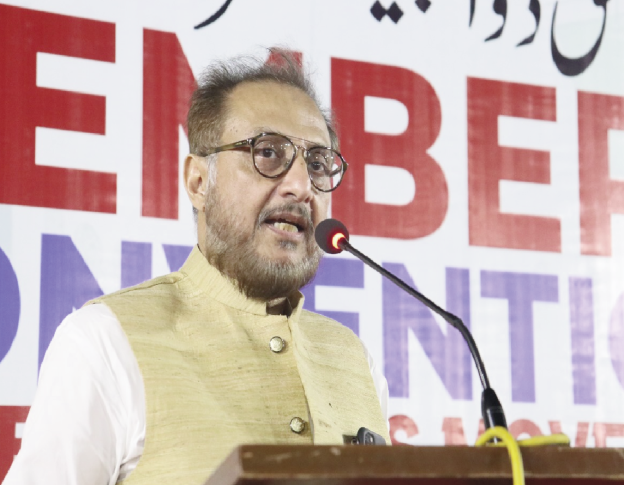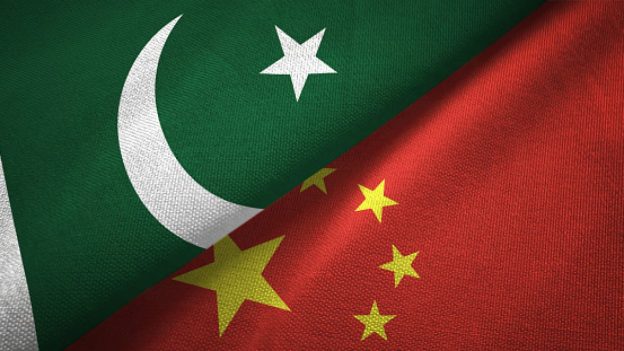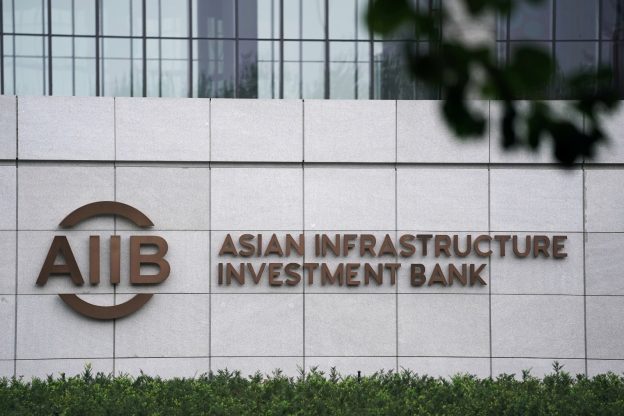In the heart of Pakistan’s energy discourse lies the Thar coal gasification debate, a contentious issue that juxtaposes the nation’s pressing energy needs against its environmental commitments. A recent study has surfaced, shedding light on the complexities surrounding coal gasification—a process argued to have a lesser environmental footprint compared to the direct burning of coal for power generation. However, the steep costs and intricate technology associated with coal gasification present formidable challenges for Pakistan, raising questions about its feasibility and sustainability.
At the launch of this pivotal study, former Minister for Climate Change Malik Amin Aslam articulated the gravity of Pakistan’s situation. “We are caught in a serious dilemma,” he explained. “On one hand, we require affordable energy, which can be harnessed from our indigenous resources like Thar coal. On the other, we face international obligations that discourage us from expanding our reliance on fossil fuels, given their significant contributions to climate change.”
To extricate the nation from this paradox, Aslam emphasized the urgent need for innovative technological solutions. “We must pursue methods that allow us to generate cheap energy while minimizing our carbon footprint,” he stated. He underscored the necessity of complementary nature-based solutions to offset the carbon emissions generated during power production. However, he was candid about the financial barriers that obstruct such advancements. “Both the technological and nature-based solutions demand substantial investment that Pakistan currently lacks. It is imperative that developed nations and international financial institutions recognize this reality. Without their support, we may have no choice but to exploit available resources, regardless of the environmental consequences,” he cautioned.
The study, conducted by the Policy Research Institute for Equitable Development (PRIED) in collaboration with the National University of Science and Technology (NUST), provides a comprehensive analysis of coal gasification’s potential and pitfalls. It highlights that while coal gasification offers a relatively cleaner alternative to coal burning, the associated costs and operational complexities may prove insurmountable for a developing country like Pakistan.
Environmental activist Ali Tauqeer Sheikh also weighed in during the event, stressing the importance of aligning energy policies with Pakistan’s commitments under the Paris Agreement. “Our energy decisions must not only fulfill our international responsibilities but also address the concerns of communities that bear the brunt of these projects,” he urged. Sheikh emphasized that a more equitable approach is needed to ensure that energy development does not come at the expense of vulnerable populations.
Haneea Isaad, an energy finance expert, echoed these sentiments, pointing out that several coal gasification initiatives have floundered in countries like the United States, India, and Indonesia, even when substantial subsidies were provided. “The government must conduct a thorough examination of viable alternatives before moving forward with coal gasification projects in Pakistan,” she advised.
Researcher Manzoor Ahmed Alizai, also affiliated with PRIED, reiterated the trend of project failures, warning that the past should inform future decisions. “The global landscape has seen multiple coal gasification projects either fail or be abandoned. We must learn from these experiences to avoid repeating the same mistakes,” he remarked.
Dr. Majid Ali, a faculty member at NUST and the study’s lead author, presented a critical comparison of energy sources. He argued that while coal gasification presents certain advantages over direct coal burning, it still cannot compete with renewable energy sources like solar power, especially when considering price and environmental impacts. “In the long run, solar energy and other renewables stand as the more sustainable and economically viable options,” he concluded.
As Pakistan grapples with its energy crisis, the discourse around Thar coal gasification serves as a microcosm of the broader challenges facing developing nations. Striking a balance between meeting immediate energy needs and adhering to global climate commitments remains an uphill battle. The way forward necessitates not only innovative solutions but also robust international cooperation and financial support to ensure that Pakistan can forge a sustainable energy future that benefits both its citizens and the planet. – ISLAMABAD: ER Report
Navigating Thar Coal Dilemma: A Complex Energy Future for Pakistan











